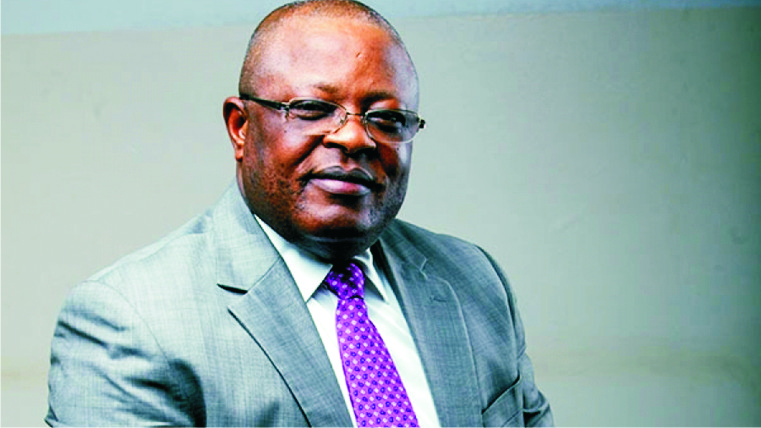Business
Telcos Fear Shutdown As Lagos-Calabar Highway Construction Threatens Cables

Barely 48 hours after Multichoice alerted subscribers to a three-day technical downtime, telecommunication companies have expressed concern over possible connectivity disruptions as construction advances on the 700km Lagos-Calabar Coastal Highway.
While the DStv and GOtv owner acknowledged the anticipated impact of the ongoing Lagos-Calabar construction project on their uplink facilities, telcos have expressed broader concerns emphasising the vital role of telecommunication service and the effect of possible anticipated technical disruption.
The Lagos-Calabar coastal highway corridor serves as a crucial landing point for multiple submarine cables connecting Nigeria to Europe
The cables, including the West Africa Cable System (WACS), MainOne, Glo1, ACE, and NCSCS, are vital for international communications and data transmission in the country.
The Federal Executive Council approved Phase One of the ambitious 700-km Lagos-Calabar coastal highway project in February, entrusting the task to Hitech Construction Company Limited.
The highway project was designed to connect Lagos to Cross River, passing through the coastal states of Ogun, Ondo, Delta, Edo Bayelsa, Rivers, and Akwa Ibom, before culminating in Cross River.
The demolition of numerous properties and recreational centres in Lagos has been carried out to expedite the construction of the highway.
In the light of the developments, telcos stressed the necessity of stakeholder consultations with the Ministry of Works to address potential risks and implement robust mitigation measures.
While dialogue with the Federal Government is yet to happen, telcos have warned Hitech Construction to exercise caution to prevent damage to critical national infrastructure.
Speaking to newsmen, the Chairman of the Association of Licensed Telecom Operators of Nigeria (ALTON), Gbenga Adebayo, confirmed that the Ministry of Works had yet to engage the telcos on environmental impact assessment.
The ALTON Chairman said the Ministry of Works, headed by David Umahi, had engaged some stakeholders but excluded the telecom operators.
“The Ministry of Works has not approached us, and I’m unsure if environmental impact assessments have been conducted. The route is crucial for the landing of numerous submarine cables, so caution is essential.
“Some members have reached out to them, urging caution. As the Chairman of the industry, I can affirm that ALTON members were not consulted regarding the assessment of the undersea cable within that right of way”, he explained.
Adebayo revealed that some of its members had written to the works ministry on the matter over the need for a dialogue. He, however, said the body had yet to get any response.
He added that the Nigerian Communications Commission (NCC) had been engaged to facilitate talks with the ministry.
“We’ve informed the Nigeria Communications Commission about this issue, and they are attempting to contact the Ministry of Works. However, I can confirm that neither we nor any of our members were contacted. This is on record. We were not included in the stakeholder consultations, and we’re concerned about the actions being taken”, he stated.
Transport
Automated Points Concession : FAAN Workers Gave 72hrs To Revise Decisions In PH

Transport
FAAN Announces Pick-Up Points for Go-Cashless Cards

Business
Fidelity Bank To Empower Women With Sustainable Entrepreneurship Skills, HAP2.0
-
Politics3 days ago
2027: NIGERIANS FAULT INEC ON DIGITAL MEMBERSHIP REGISTER DIRECTIVE
-

 Environment3 days ago
Environment3 days agoLAWMA Director Says Sweeping Reforms Have Improved Waste Collection
-
Politics3 days ago
LP Crisis: Ex-NWC Member Dumps Dumps Abure Faction
-

 Politics3 days ago
Politics3 days agoUmahi Dismisses Allegations On Social Media, Insists On Projects Delivery
-

 Sports3 days ago
Sports3 days agoAbia Not Sure To Secure continental Ticket
-
Sports3 days ago
La Liga: Yamal Records First Career Hat-trick
-
Politics3 days ago
NATASHA ELECTRIC VEHICLES INITIATIVE IN KOGI CENTRAL
-

 Sports3 days ago
Sports3 days agoCity Survive Leeds’ Challenge At Elland Road

